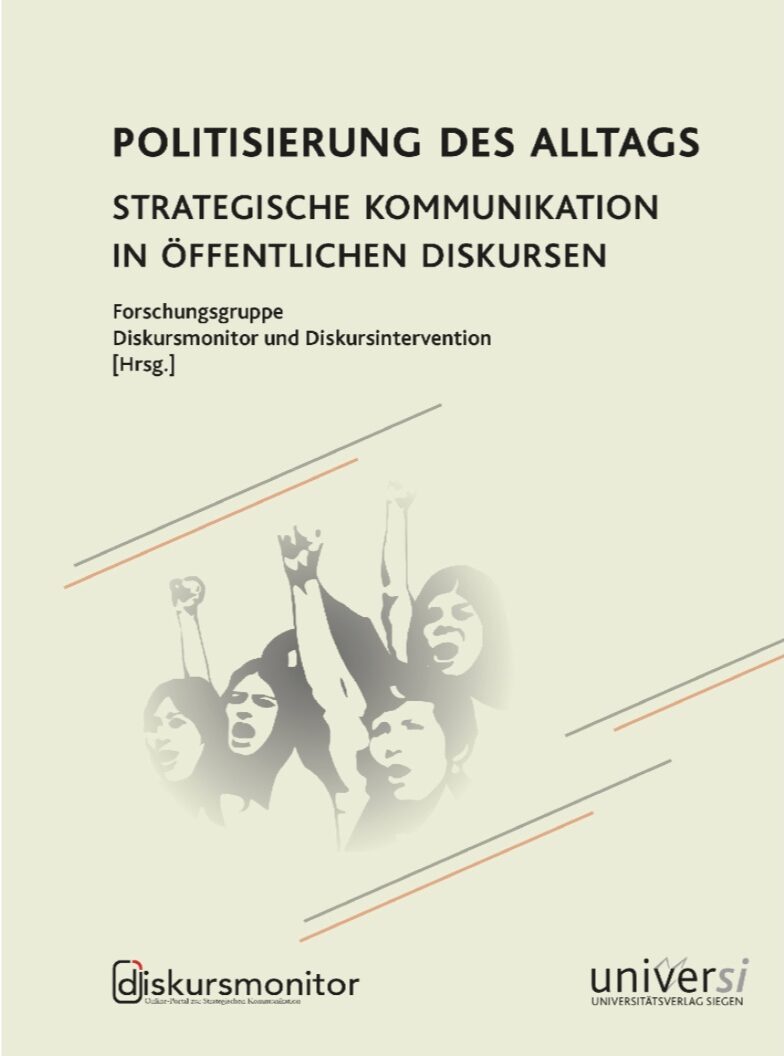
This article aims to critically examine anti-genderist representations of queer Christian church services by analyzing social media data and discourse ethnographic field research. In this regard, the concept of ‘anti-genderism’ is first discussed with reference to current research literature and related to church policy contexts. For the analysis of the social media contributions, four YouTube videos on queer Christian church services and their comments are examined with regard to the conceptual connection between religious and anti-genderist arguments. This analysis is then contrasted with the results of a discourse-ethnographic field study on queer church services. The central thesis of the article is that the anti-genderist criticism of queer Christian church services can be understood as a form of delegitimizing politicization, which in its own discourse logic must hide the experiences and voices of the actors concerned.
In Forschungsgruppe Diskursmonitor (eds.), Politisierung des Alltags. Strategische Kommunikation in öffentlichen Diskursen. Siegen: Universitätsverlag.
ISBN: 978-3-96182-178-5